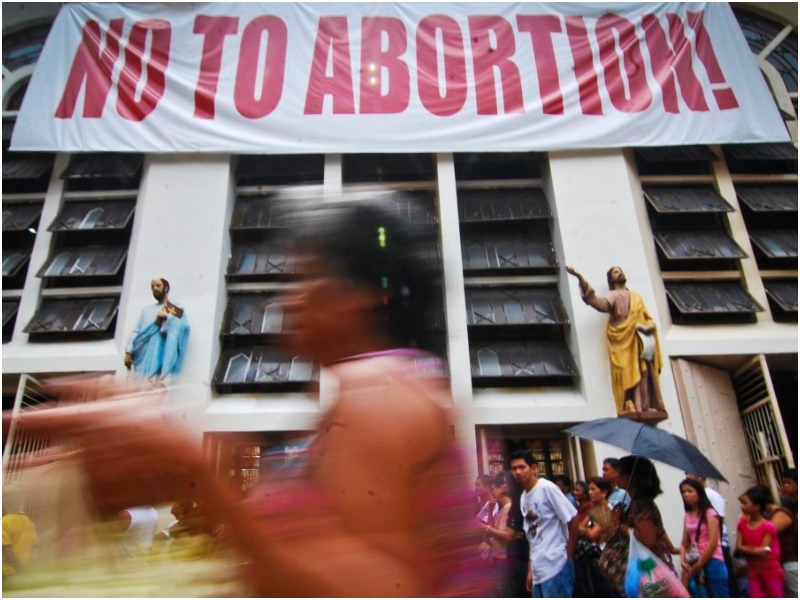The recent Supreme Court case, Dobbs v. Jackson Women’s Health Organization, marked a significant turning point in the legal landscape surrounding abortion rights in the United States.
Justice Alito, in justifying the decision to overturn Roe v. Wade and Planned Parenthood v. Casey, emphasized a return to democratic principles, arguing that the issue of abortion should be decided by elected representatives.
In their article titled “Dobbs and Democracy,” legal scholars Melissa Murray and Katherine Shaw critically examine the claim made by the Dobbs majority, delving into the intellectual origins and substantive vision of democracy presented in the decision.
Murray and Shaw unravel the historical narrative constructed by the Dobbs majority, challenging the notion that Roe and Casey disrupted democratic deliberation on abortion. They reveal a more complex genesis of the democratic deliberation argument, emerging not immediately after Roe but evolving over time through legal, movement, and political efforts aimed at undermining and ultimately overturning established precedents.
The authors argue that this narrative played a crucial role in justifying the departure from stare decisis in Dobbs and could reshape the Supreme Court’s approach to precedent in the future.
Further, the article scrutinizes the Dobbs majority’s conception of democracy, uncovering internal inconsistencies and limitations in its vision.
Murray and Shaw assert that Dobbs, while invoking the rhetoric of democracy, demonstrated a myopic understanding of political power and representation, particularly overlooking various constitutional actors and the broader democratic process.
They contextualize this within the Court’s recent interventions in the electoral process, emphasizing the dissonance between the opinion’s commitment to democracy and the Court’s actions that disrupt genuine deliberation.
The analysis goes further to suggest that the majority’s embrace of democracy might serve as a strategic shield against accusations of judicial activism, concealing potential long-term implications for minority interests, particularly those of the fetus. As Murray and Shaw contend, the Dobbs settlement on abortion may be transient, hinting at a pathway toward the recognition of fetal personhood and the potential abolition of legal abortion in the United States.
The article concludes by shedding light on the paradoxical nature of the opinion’s democratic rhetoric and its implications for the future trajectory of abortion rights in the country.
Click here to full article published in Harvard Law Review.

